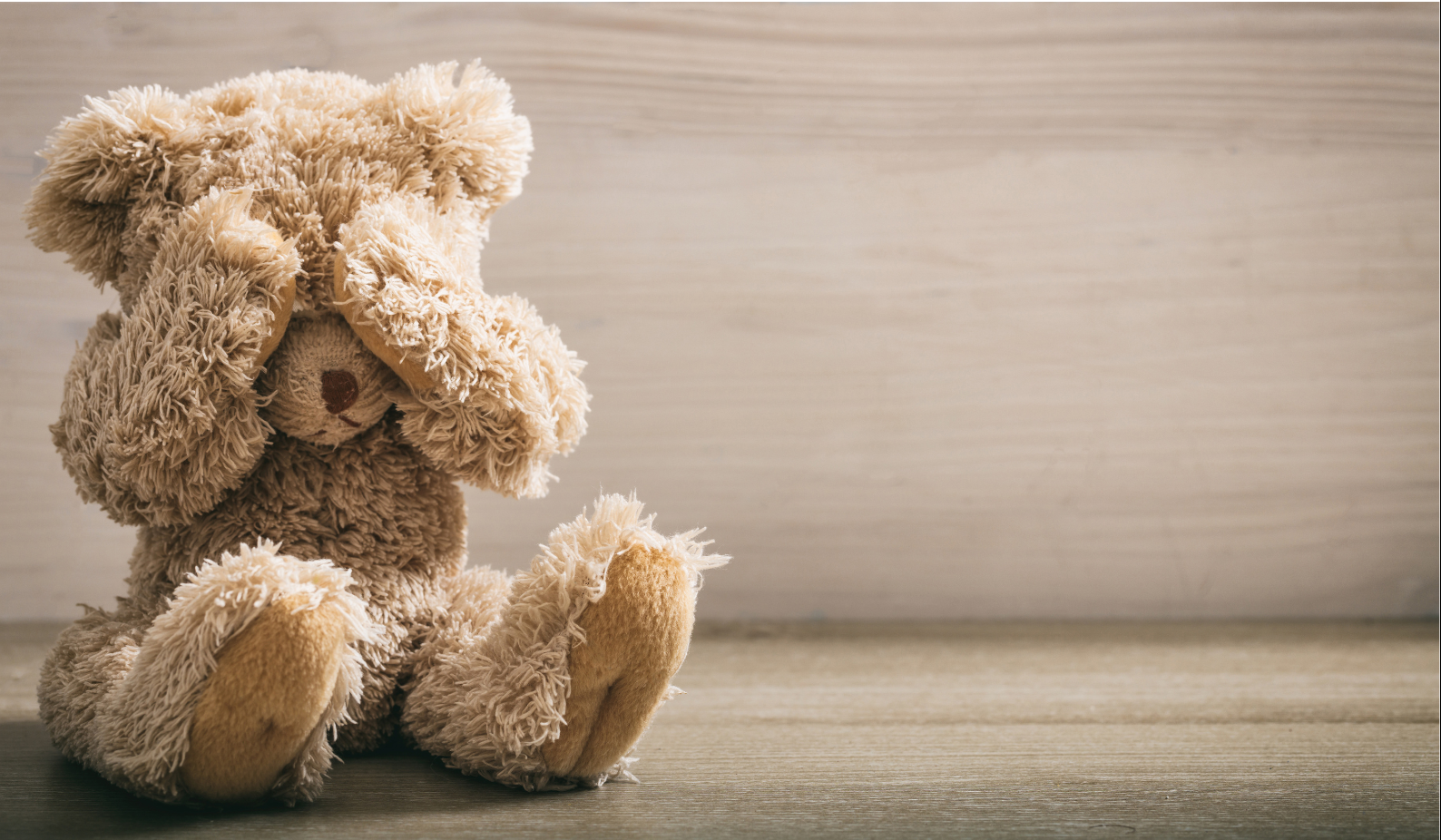Track Your Sleep with Our Sleep/Wake Diary
Keeping a sleep/wake diary can provide valuable insight into patterns that affect the quality and consistency of your rest. By […]
Read complete blog >>
When your child is struggling and needs some form of therapy, as a parent you can feel worried but also confused. Many questions can pop up, such as: is my child too young for therapy; what will happen during therapy; how do I know my child will benefit from therapy etc. Your child is the most important thing in the world and we all want our children to be in the best hands possible when it comes to teachers, doctors and also psychologists. By offering some answers to the FAQ’s parents and children have about child therapy, we hope you will have more information about what you can do when your child is struggling emotionally and what to expect when he or she will start therapy.
Before the start of every therapy, the psychologist will first see the parents for an initial consultation to get a better understanding of the child and to get some background information. This way, the psychologist, together with the parents, can make a plan how to help your child best possible. With young children (<6 years), this can typically be done through parent counseling sessions, play therapy or (EMDR) storytelling: these are all different ways of therapy to help your child learn different coping strategies to deal with emotions or to process (traumatic) emotions/experiences. With older children (>6 years), this can typically be done through different kinds of therapies, such as EMDR, behavioral therapy, scheme therapy and/or cognitive behavioral therapy (the latter is a therapy where the child learns to observe their unhelpful thoughts and change them into more helpful thoughts).
At the start of the therapy, the psychologist will take enough time to get to know your child and make him/her feel comfortable. When feeling comfortable, your child will hopefully open up to talk more about their struggles. Together with the therapist, your child will work for 30 or 45 minutes, through play, talking, writing assignments, breathing assignments and/or role-play how to deal with different emotions/struggles.
Therapy can take place before, during and after school or in the weekends, depending on the availability of the psychologist and the preference of the parents. There are also psychologist who work within the school and can offer therapy in school.
Throughout therapy, parents will be closely involved during the process. This way and especially for those parents who have not had any experiences with therapy themselves, they can observe and experience how their child benefits from therapy. The parents will also be asked to practice with the learned strategies at home together with their child to implement what they have learned, into their daily lives.
Hopefully the above gives you some guidance about what you can expect when your child get into therapy, because all we want is our children to feel resilient, to flourish and feel happy. Child therapy is one way how we can offer our children those coping strategies to learn to deal with the challenges in today’s world.
Articles on www.hoopfull.com may feature advice and are for informational purposes only. It is not intended to be a substitute for medical advice, diagnosis or treatment from a trained professional. In an emergency, please seek help from your local medical or law enforcement services.
Keep up to date with the Hoopfull community.

Keeping a sleep/wake diary can provide valuable insight into patterns that affect the quality and consistency of your rest. By […]
Read complete blog >>
Attachment in adult relationships Couples facing separation must cut their legal and financial ties and grow out of their emotional […]
Read complete blog >>
We spend years in school learning math, biology, and history, but very few of us are ever taught the actual […]
Read complete blog >>